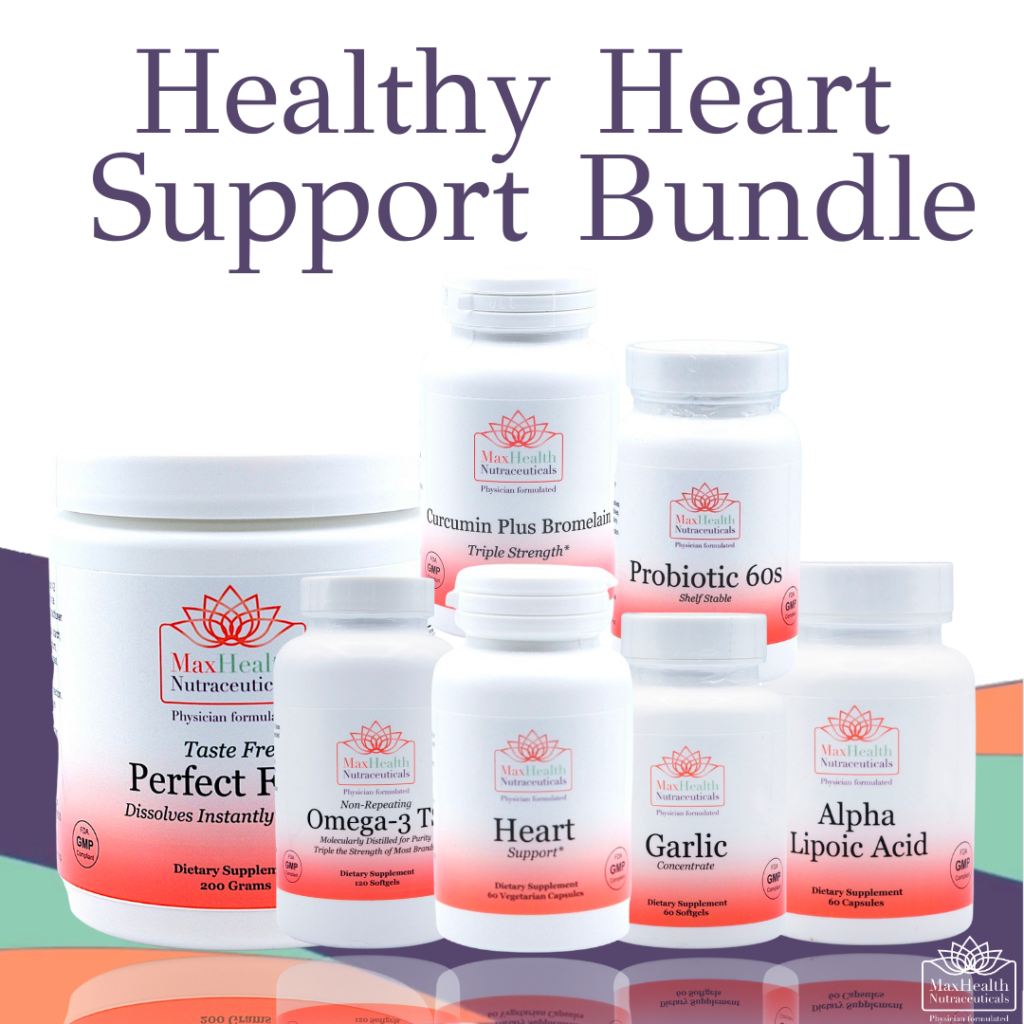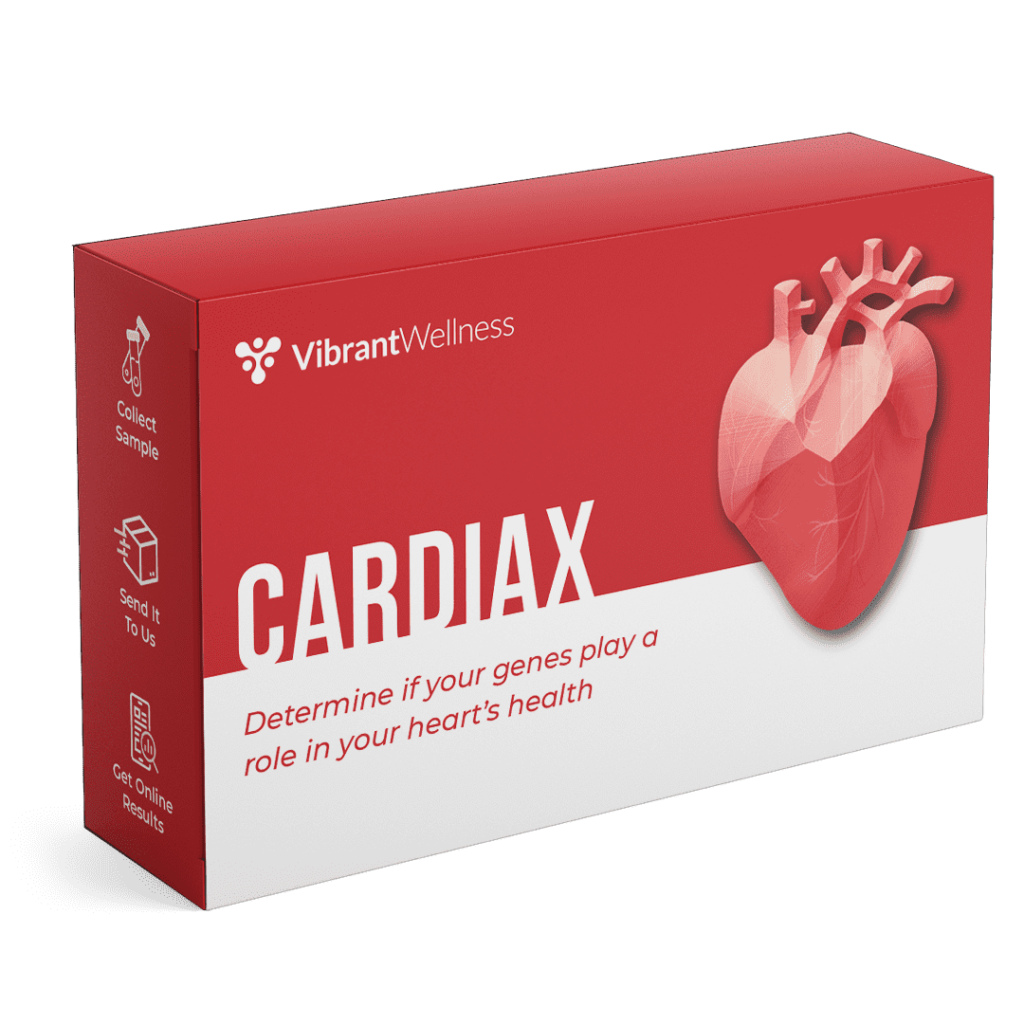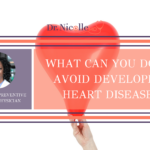
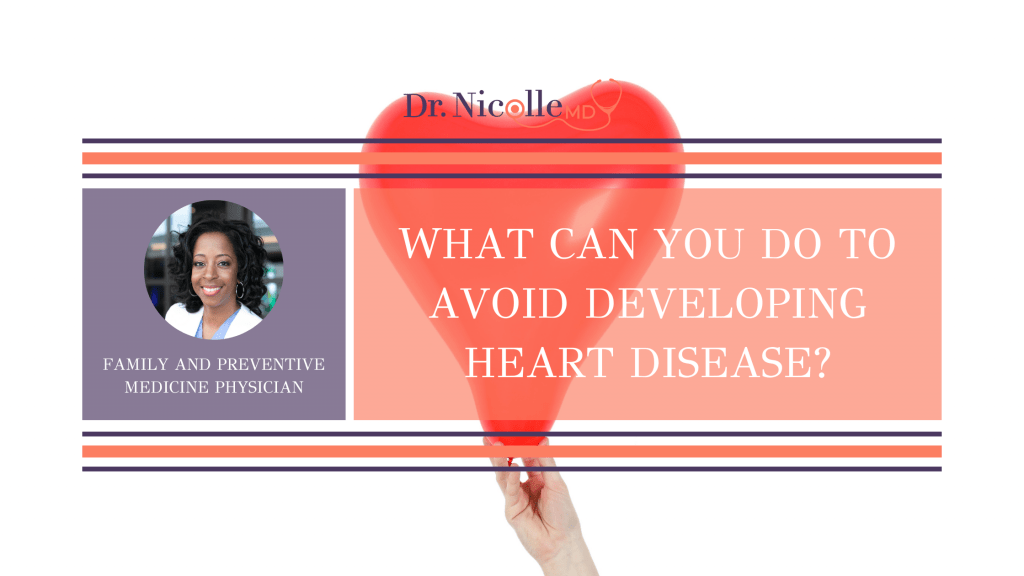
Hello. This is Heart Health Tuesdays! Today, we’ll talk about what can you do to avoid developing heart disease. Heart disease can have serious consequences for your overall health. It increases your risk of having a stroke or heart attack, which can be life-threatening.
Luckily, avoiding heart disease doesn’t necessarily need to involve surgical procedures or complex medication regimens. You can protect your heart health by simply making adjustments to your lifestyle.
Lifestyle Changes for Reducing Your Risk of Heart Disease
Heart disease can be the product of genetics, but it’s often the result of the daily choices you make.
Should you buy fast food after work, or should you go home and make yourself a healthy meal with vegetables and whole grains? Should you go on that run you planned, or should you watch another episode of your favorite TV show? These decisions become habits, good or bad, and their effect adds up over time.
If you want to reduce your risk of heart disease, you can start by exercising more frequently, reducing stress, quitting smoking, and eating healthier.

Get Active
Just a few minutes of exercise each day has a significant impact on your cardiovascular health. People who are physically fit have a much lower risk of developing heart disease, especially when routine exercise is combined with other methods of staying healthy.
You don’t have to be a professional athlete to strengthen your heart. Start by doing a few jumping jacks or push-ups each day, and then work in a short jog around the block. Make sure to include exercise that increases your heart rate for the best cardiovascular benefits.
If you’re struggling to stick to your workout routine, try making it more fun with unconventional exercises. Rather than hitting the gym, try dancing or playing an active sport like soccer or tennis with some friends. Any kind of movement that can raise your heart rate or strengthen your muscles makes a big difference.
Practice Stress Reduction
Sustained stress in your daily life isn’t just bad for your mood. It’s also bad for your heart since stress can raise your blood pressure.
If your stress comes from a hectic lifestyle, you might not be able to drop all your responsibilities. However, you can still take time out of your day to destress and improve your health.
Schedule a time every day to just relax and do something fun. Take your work outside for a nice change in your environment. Try out meditation or mindfulness exercises.
Any of these practices can help you feel a little more zen and keep your stress levels under control.

Stop Smoking
Smoking can cause all sorts of health problems, including heart disease. Heavy smoking increases your risk of developing a clot in your arteries, which inhibits blood flow and can lead to a heart attack or stroke.
It can be hard to quit cold turkey, even if you know the toll smoking is taking on your health. If you’re a heavy smoker, you might find it more helpful to slowly decrease how much you smoke each day until quitting seems more achievable. You can try nicotine patches to help reduce cravings and withdrawal symptoms.
Avoid situations that function as triggers for smoking. Smoking may also be a way for you to alleviate stress or other unpleasant feelings, so replace it with other methods for dealing with these feelings like fun hobbies and breathing exercises.

Diet Control as Heart Disease Treatment
What you eat is a hugely influential factor in your overall health. If you eat a lot of high-fat, high-sugar, and high-cholesterol foods, you are actively contributing to your risk of heart disease.
Work to eliminate these foods from your diet and replace them with healthier options like plant-based proteins and whole, fresh foods. You can follow a heart healthy diet like the Mediterranean diet if you prefer a more guided approach to nutrition.
Food For Thought
Managing your risk of heart disease can be as simple as changing what you eat, how often you work out, and how you deal with stress. These are small changes, but they can add up to a powerful impact on your well-being, especially if you make changes in many different areas of your life.
If you’ve fallen into bad health habits, it can be tough to change your approach. Start with one small change, like smoking one less cigarette or making sure at least one of your meals each day is homemade. These small changes will have a cumulative effect over time, even if they feel very easy to make in the moment.
Swap out bad habits for healthy ones to do everything you can to live a life free of heart disease.
I hope you found this blog post informative. The methods I explained will help you not only minimize your chances of heart disease, but other health problems like diabetes and obesity. You can’t always avoid it. You might be born with certain genetic conditions that make you susceptible to heart disease, but if you’re smart about your diet and other lifestyle changes, you can live a long and healthy life.
If you would like to receive a free resource sheet to support your quest for better heart health, click the button below to receive your gift.
I’m excited to talk about this topic today because not only do I truly believe that you have the power to reverse heart disease and lower high blood pressure to improve your health, but the science also agrees! You can adopt healthy lifestyle practices that improve your health and enrich your life, which can in turn improve the lives of those close to you. You have the power to break the cycle of these chronic diseases so that you can leave a legacy of health to your loved ones.
As you may already know, I use lifestyle medicine as the first line of treatment, before medications, to treat lifestyle-related chronic diseases. Lifestyle-related chronic diseases include diabetes, hypertension, obesity, and some cancers, just to name a few. Lifestyle practices, such as eating a whole-food plant-based diet and regular physical activity, can help you improve blood pressure and reverse heart disease. In certain cases, these approaches may even outperform pharmaceutical therapy. But I always tell my patients that conventional medications may be appropriate at this time to prevent catastrophic illness, but over time, you can work to make the necessary lifestyle changes to possibly reduce and/or eliminate medications. Please remember to always consult your physician for your particular needs and circumstances prior to making any decisions whatsoever.
Is Dietary Supplementation Right For You?
There is a common saying, “You can’t outrun a bad diet.” This is especially true when it comes to heart health. Diet is sooooo very important… Did you know that your diet could be the key to a healthy heart? It’s true – what you eat (and don’t eat) can have a big impact on your cardiovascular health. So, if you’re looking to keep your heart in tip-top shape, make sure you pay attention to what you put on your plate.
Unfortunately, it can be difficult to eat a healthy diet in this day and age. It is very important to note that we are not eating the same foods we ate years ago because the soils have been depleted of critical nutrients through current industrial farming practices. And because the soil is not as good as it used to be, the food supply (grown from the depleted soil) is not as good as it used to be. For example, you are not getting the same levels of magnesium as you would have gotten 30 or even 50 years ago.
Second, much of the food has been genetically altered, which can impact the inherent and unique nutritional composition that each food possess. For example, ancient einkorn wheat has less gluten, more protein, more Vitamin A, and more beta carotene, than modern genetically modified wheat.
Third, the toxic load in the environment today is much higher than 100 years ago. We can see this with global warming, toxic landfills, polluted oceans and waterways, etc. Toxicity levels interfere with nutrient assimilation and absorption not just into the foods, but into our bodies as well.
For some people, vitamin and mineral supplements offer important health benefits. Supplements are designed to fight deficiencies found in our diet and complement the food we eat regularly. Supplements are basically “helping hands” to our daily food.
If you need extra help in getting the nutrients you need, and/or are unable to eat better, the supplements in my Healthy Heart Bundle may provide the extra boost you need.
These are my favorite Heart Health Supplements to use! This Healthy Heart Bundle will ensure you have the intake of the important vitamins, minerals, and probiotics to decrease inflammation and boost your innate wellness day and night. Taken together, it’s a solid plan for increasing your body’s natural resiliency while you lose weight and improve your heart health, naturally.
For best results make sure you use my heart health supplements with dietary changes including a whole food plant-based diet, regular exercise (at least 2-3x per week), regular sleep (8 hours per night), and intermittent fasting (at least 1-3x per week).
Tools to Improve Heart Health
Blood Pressure Monitoring
It’s very important to monitor your blood pressure. I often recommend an automatic upper arm blood pressure cuff, but a wrist blood pressure monitor is also acceptable.
Weight Monitoring
Since weight management is very important in blood pressure control, I recommend that you be mindful of your weight and its fluctuations, and that you monitor your weight AT LEAST on a weekly basis. I recommend a scale that includes a body composition monitor.
Taking Charge Of Your Heart Health
Heart health is a big topic. It’s in the news, on our minds, and for good reason; heart disease remains the leading cause of death in the U.S. But what if there was something you could do proactively to help protect your heart from future problems? Enter the CardiaX test—a revolutionary new way to take charge of your heart health!
What is CardiaX?
CardiaX is a comprehensive genetic testing panel that looks at mutations associated with common cardiovascular risks. It can be used to determine if there are any genetic factors at play in your heart health, and it can also identify potential areas of risk that may require further action. With this knowledge, you can make informed choices about your health today with the aim of improving long-term heart health outcomes.
Who Might Benefit from CardiaX?
If you have been diagnosed with or are at risk for atherosclerosis, abnormal cholesterol production, hypertension, stroke risk, and risk for heart attack then you may benefit from this test. Additionally, anyone who wants to know more about their genetic predispositions for common cardiovascular risks may also want to consider taking this test as well.
What Can I Do With My Results?
Your results will give you an indication of whether or not there are any potential genetic markers playing a role in your risk for developing certain conditions related to heart health. From there, you can work with your healthcare provider to develop a plan that takes into account these findings and helps you develop strategies for managing them going forward. In addition to lifestyle changes such as diet and exercise modification, selecting medications that are tailored specifically to your genetics could be beneficial as well.
In A Nutshell…
The CardiaX test is an exciting new way to take charge of your heart health by learning more about how genetics might be playing a role in certain cardiovascular risks. With this knowledge in hand, patients can make decisions informed by their own unique genetic profile that will help reduce their overall risk for developing certain conditions associated with heart disease. This type of proactive approach is key when it comes to protecting ourselves against this all-too-common affliction—so don’t wait another minute! Take control of your future and get started with the CardiaX test today!
Remember, healthy lifestyle behaviors–like eating a whole-foods plant-based diet that is low in sodium, being physically active, and stress management are the best ways to prevent and control high blood pressure. Please talk with your doctor about any complementary health approaches, including supplements, you use.
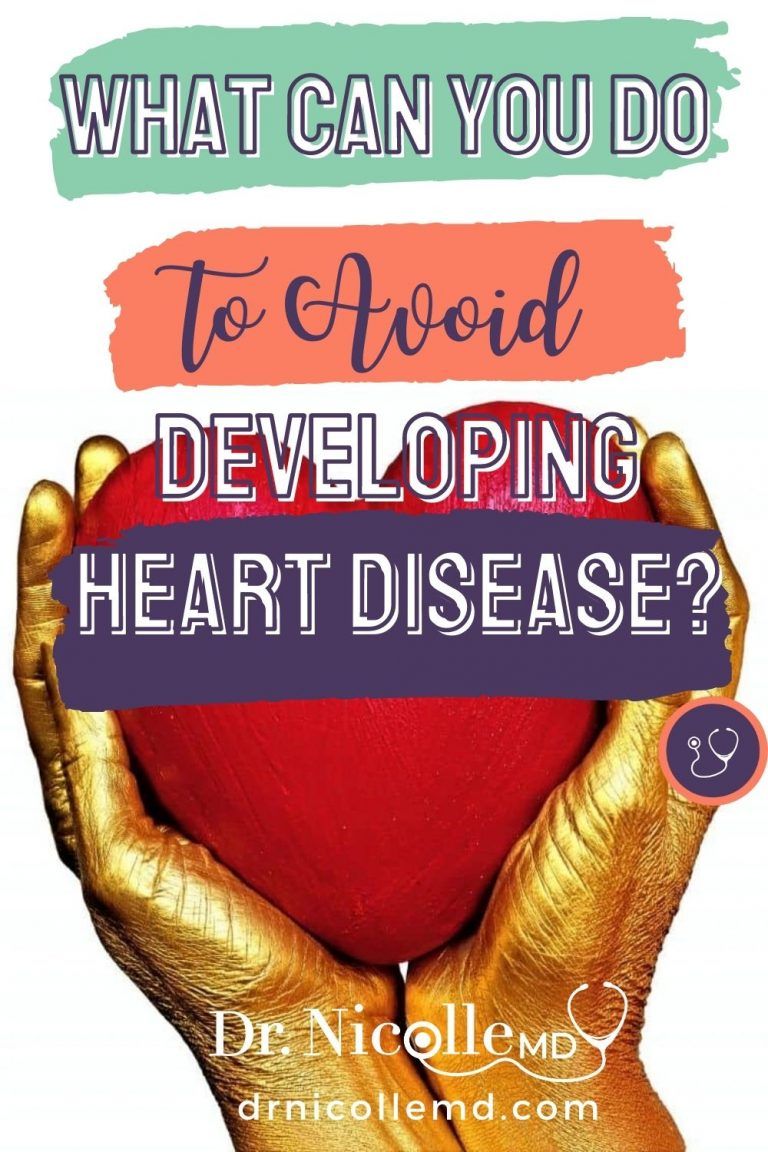
Dr. Nicolle Martin
Some of the links in this article are "affiliate links", a link with a special tracking code. This means if you click on an affiliate link and purchase the item, we will receive an affiliate commission.
The price of the item is the same whether it is an affiliate link or not. Regardless, we only recommend products or services we believe will add value to our readers.
By using the affiliate links, you are helping support our Website, and we genuinely appreciate your support.
Last updated on July 12th, 2022 at 09:56 am

Minimize Medications. Maximize Health.
Are you super busy but need to take control of your health? Are you tired of being tired? Subscribe to my “Minimize Medications, Maximize Health Blog” and I’ll give you 7 Tips to Get Healthy in No Time absolutely FREE.


